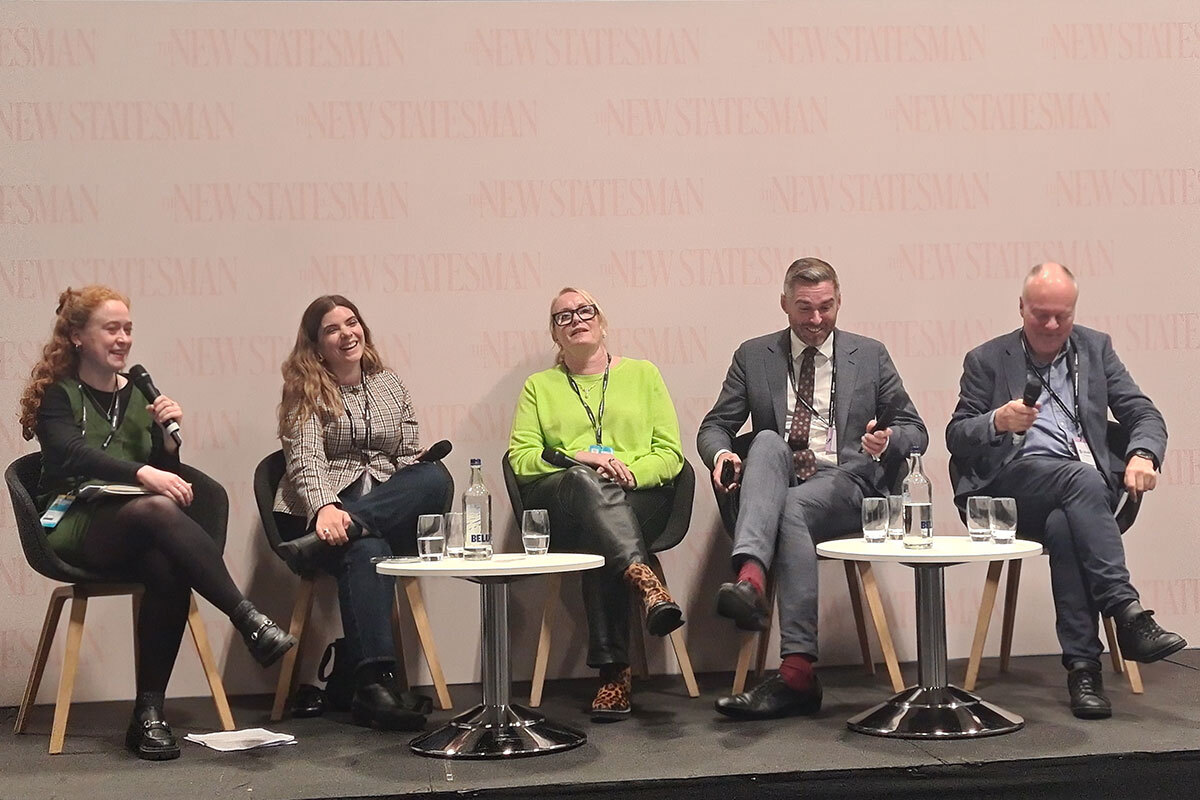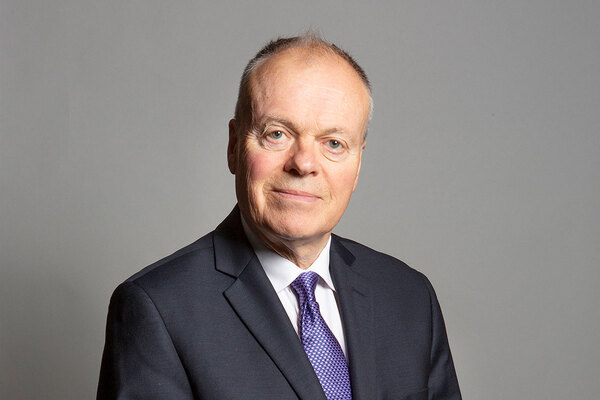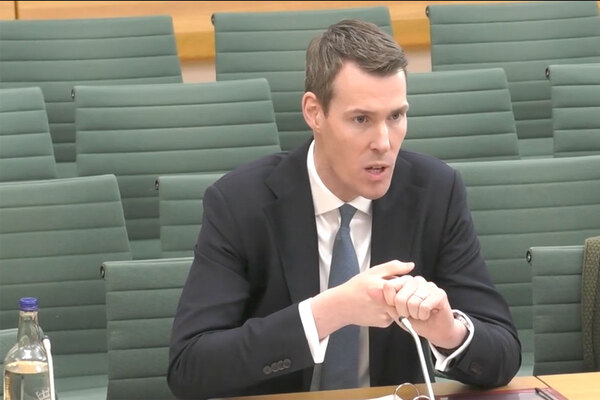Grant for shared ownership could be diverted back to social rent, former LUHC chair says
The former chair of the Levelling Up, Housing and Communities (LUHC) Committee said grant could be switched from shared ownership to social rent and that he is “sceptical” about the future of the product as a part of the government’s affordable housing plans.

Clive Betts, MP for Sheffield South East, who oversaw the committee when it published a report into shared ownership, said: “I’m sceptical it’s the best way. We did our report on shared ownership – very few people staircase at all, there’s a lot of discontent with conditions.”
The report, published in March, found that shared ownership has “failed to deliver” and needs “urgent reform" after an inquiry found uncapped service charges, rising rents and unfair maintenance costs mean it is unaffordable.
Mr Betts told Inside Housing: “You can build shared ownership properties without necessarily having a lot of social housing grant going into it.
“That’s one way you could build more social housing is to switch some of that money.”
The remarks were made to Inside Housing following a Labour Party Conference panel called ‘How can Labour end the housing crisis’. Tom Copley, deputy London mayor for housing and residential development, and Fiona Fletcher-Smith, chair of the G15, were also on the panel.
The new government has yet to respond to the LUHC inquiry into the affordability of shared ownership.
In the panel discussion, Mr Betts also said he would like to see Right to Buy discounts reduced to 20% and for local authorities to keep the money.
“We can’t carry on with 70% discount, with the money going straight to the Treasury and not replacing the housing stock.”
Mr Copley said the Right to Buy policy should be devolved, and there should be particular intervention on the sale of new council homes.
Earlier in the day, the deputy London mayor had told Inside Housing how the City Hall developer will initially focus on joint ventures and land assembly.
Ms Fletcher-Smith said the sector needs to continue to challenge the Treasury to fight for more funding for social housing.
“Treasury orthodoxy needs to change,” she said. “Part of the problem we have is we regard housing as national debt, and we need to start thinking of social housing as an asset.”
Mr Betts agreed that changing the Treasury’s mindset has to be a major priority.
“Changing the Treasury’s mind is one of the hardest things about being in government, quite frankly,” he said. “Trying to get them to think about investment in terms of future savings.”
Deputy prime minister and housing secretary Angela Rayner used her opening speech at the conference to announce a new cladding remediation plan in the autumn.
Ms Rayner said: “Working with the prime minister on the Grenfell Inquiry was the most sobering moment of my career: 72 lives lost, 18 children, all avoidable. A fatal failure of market and state. A tragedy that must never happen again.
“It is completely unacceptable that we have thousands of buildings still wrapped in unsafe cladding seven years after Grenfell.
“And that’s why we will bring forward a new remediation action plan this autumn to speed up the process and we’ll pursue those responsible – without fear or favour. This must lead to new, safer social housing for the future.”
Sign up for our development and finance newsletter
Already have an account? Click here to manage your newsletters











